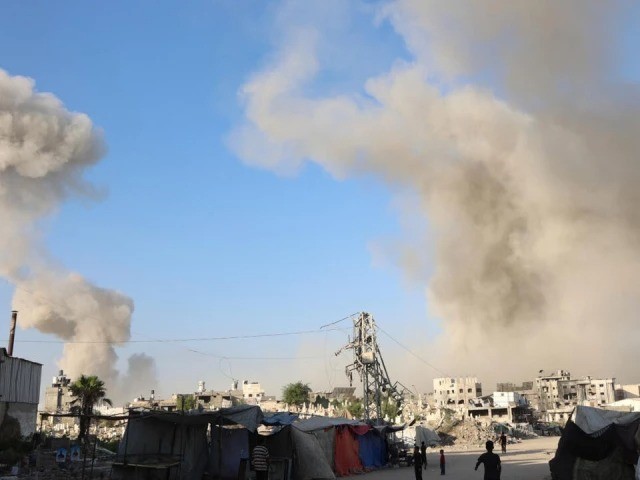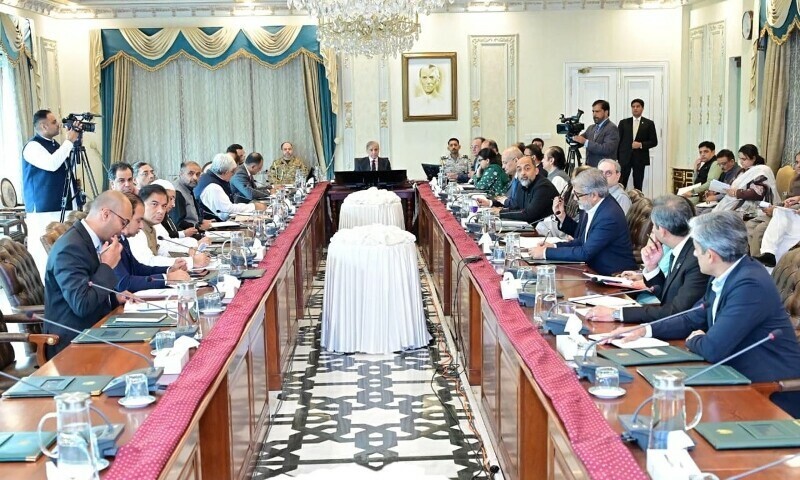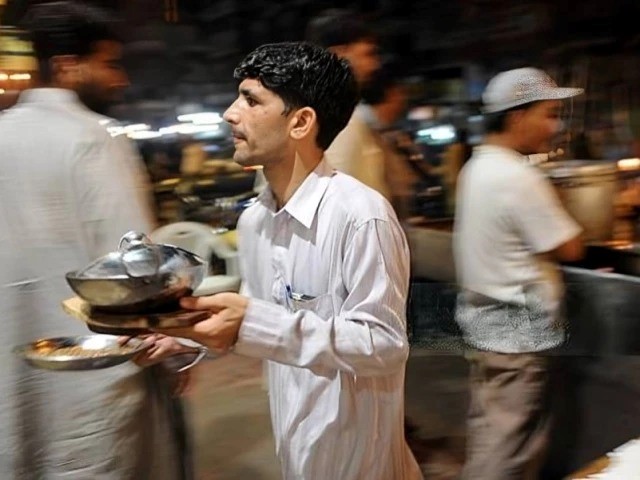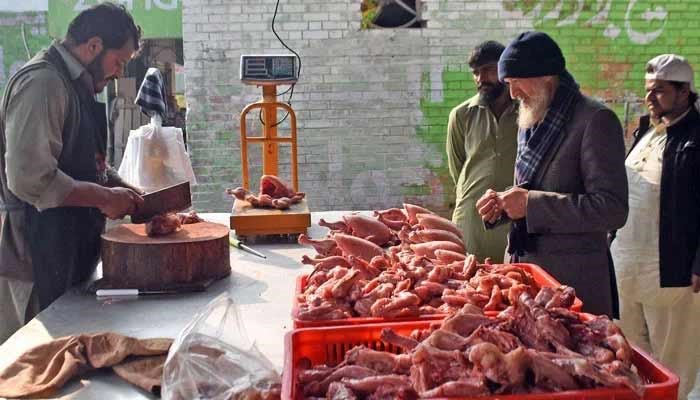KARACHI – Behind the hustle and glamour of Karachi’s thriving restaurant culture lies a grim and often ignored reality one that the new documentary “Exposing Karachi’s Restaurant Industry” by Raftar brings to light. Released last week on Raftar’s official YouTube channel, the film, narrated by Shifa Leghari, exposes the silent struggles of waiters who endure long hours, unstable income, and, in many cases, no basic salary at all.
“For Karachiites, food is more than just a necessity it’s a lifestyle,” says Shifa. “Apart from the sea, food is the only thing Karachi has that sets it apart from other cities like Islamabad or Lahore.” But her curiosity turned into shock when she realized that behind the city’s booming food scene, thousands of waiters are surviving purely on tips.
Her investigation revealed startling figures while some major fast-food chains pay as little as Rs15,000 a month, upscale cafés in posh areas like DHA or Bukhari Commercial rarely exceed Rs35,000. Many smaller eateries don’t pay a salary at all, instead offering waiters only a 5% commission on total sales. “In places like Boat Basin, the entire staff lives off customer tips,” Shifa reveals.
The documentary captures how waiters’ lives are trapped in uncertainty. They are bound to fixed shifts often 12 hours or more but their earnings depend entirely on customer generosity. “A tip is meant to appreciate service, not replace someone’s livelihood,” the narrator stresses. “If customers don’t tip, or if business is slow, these workers simply go home empty-handed.”
To highlight the mindset of restaurant owners, Raftar includes mock interviews where they defend their exploitative practices. One owner dismissively remarks, “So what if we don’t pay them? They get tips. We can’t afford to pay Rs40,000 if we do, we’ll have to shut down. At least they have jobs, or else they’d be snatching phones on the streets.”
According to the Pakistan Economic Survey, there are 55,000 restaurants and hotels in Karachi alone, employing more than 230,000 people. Despite profit margins reportedly between 100% and 200%, many establishments refuse to comply with labour laws. “If restaurants are struggling, how come there’s one opening on every other street?” the documentary asks pointedly.
The film also features the Chief Inspector of Labour, Athar Ali Shah, who admits that enforcing the minimum wage officially set at Rs40,000 by the Sindh government remains a major challenge. “We have a proper system in place. Workers can come to us if they’re underpaid,” he explains. “The fear of losing jobs stops them from speaking up, but not paying minimum wage is a crime employers can go to jail for it.”
Even some restaurant owners, ironically, claim that Rs40,000 is still not enough. “Tell me, what kind of life can a man live on that?” asks restaurateur Abdul Haadi Samad. “He can’t afford rent, bills, or his children’s education. It’s not even survival it’s barely existence.”
Through this thought-provoking documentary, Raftar once again uses storytelling to expose the deep cracks in Pakistan’s labour structure. By giving a voice to those who serve silently, it challenges viewers to rethink what lies behind every cup of coffee or plate of biryani served in Karachi’s bustling eateries.










